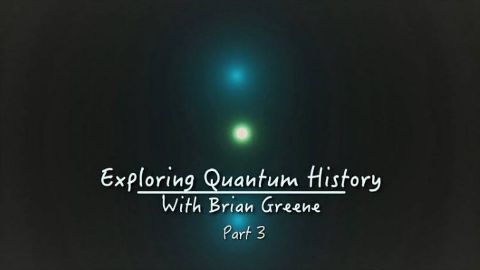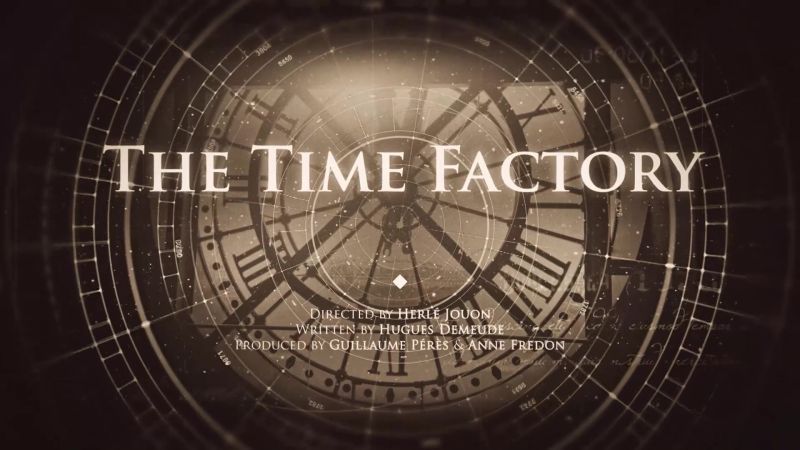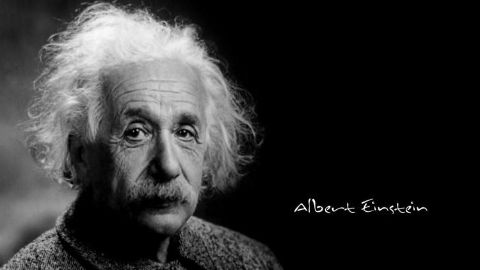What on Earth is Wrong with Gravity
Particle physicist Dr Brian Cox wants to know why the Universe is built the way it is. He believes the answers lie in the force of gravity. But Newton thought gravity was powered by God, and even Einstein failed to completely solve it. Heading out with his film crew on a road trip across the USA, Brian fires lasers at the moon in Texas, goes mad in the desert in Arizona, encounters the bending of space and time at a maximum security military base, tries to detect ripples in our reality in the swamps of Louisiana and searches for hidden dimensions just outside Chicago.
Make a donation
Buy a brother a hot coffee? Or a cold beer?
Hope you're finding these documentaries fascinating and eye-opening. It's just me, working hard behind the scenes to bring you this enriching content.
Running and maintaining a website like this takes time and resources. That's why I'm reaching out to you. If you appreciate what I do and would like to support my efforts, would you consider "buying me a coffee"?
Donation addresses
BTC: bc1q8ldskxh4x9qnddhcrgcun8rtvddeldm2a07r2v
ETH: 0x5CCAAA1afc5c5D814129d99277dDb5A979672116
With your donation through , you can show your appreciation and help me keep this project going. Every contribution, no matter how small, makes a significant impact. It goes directly towards covering server costs.





